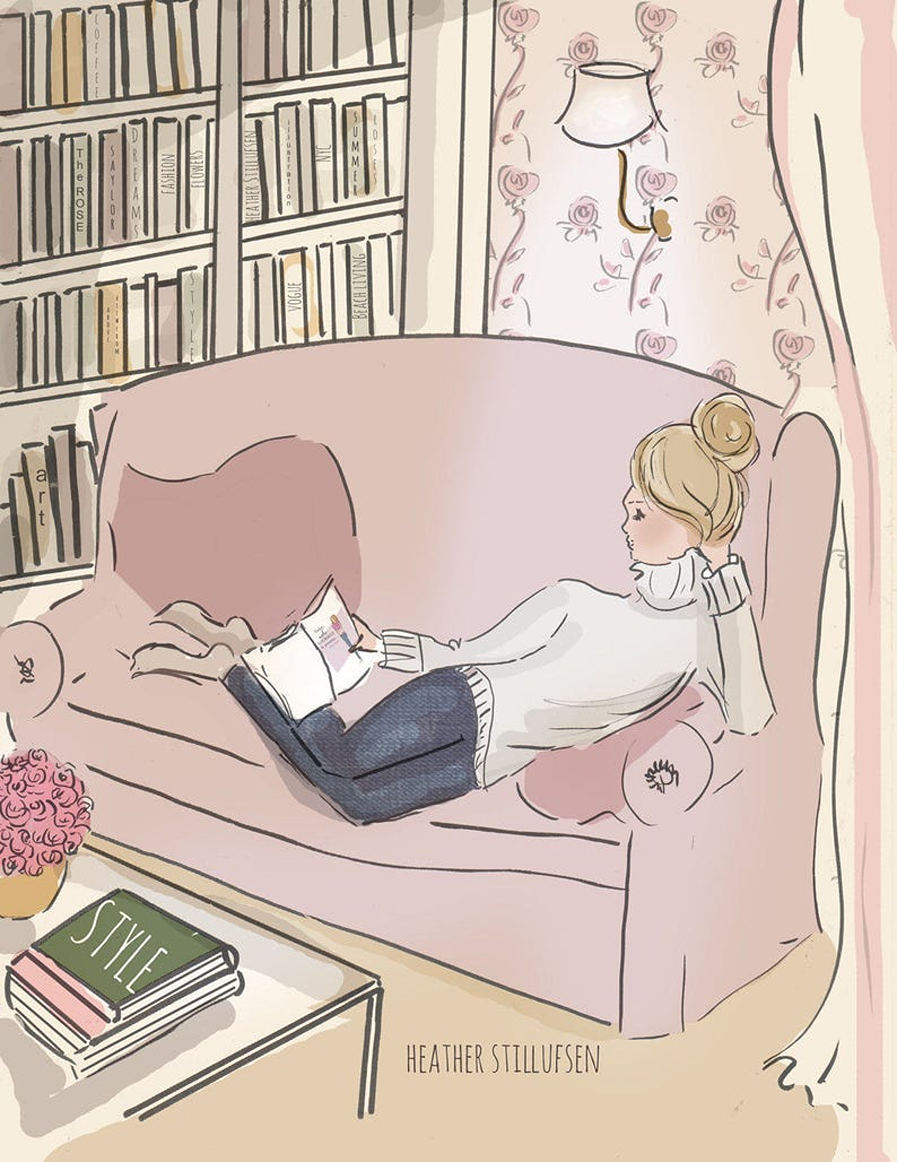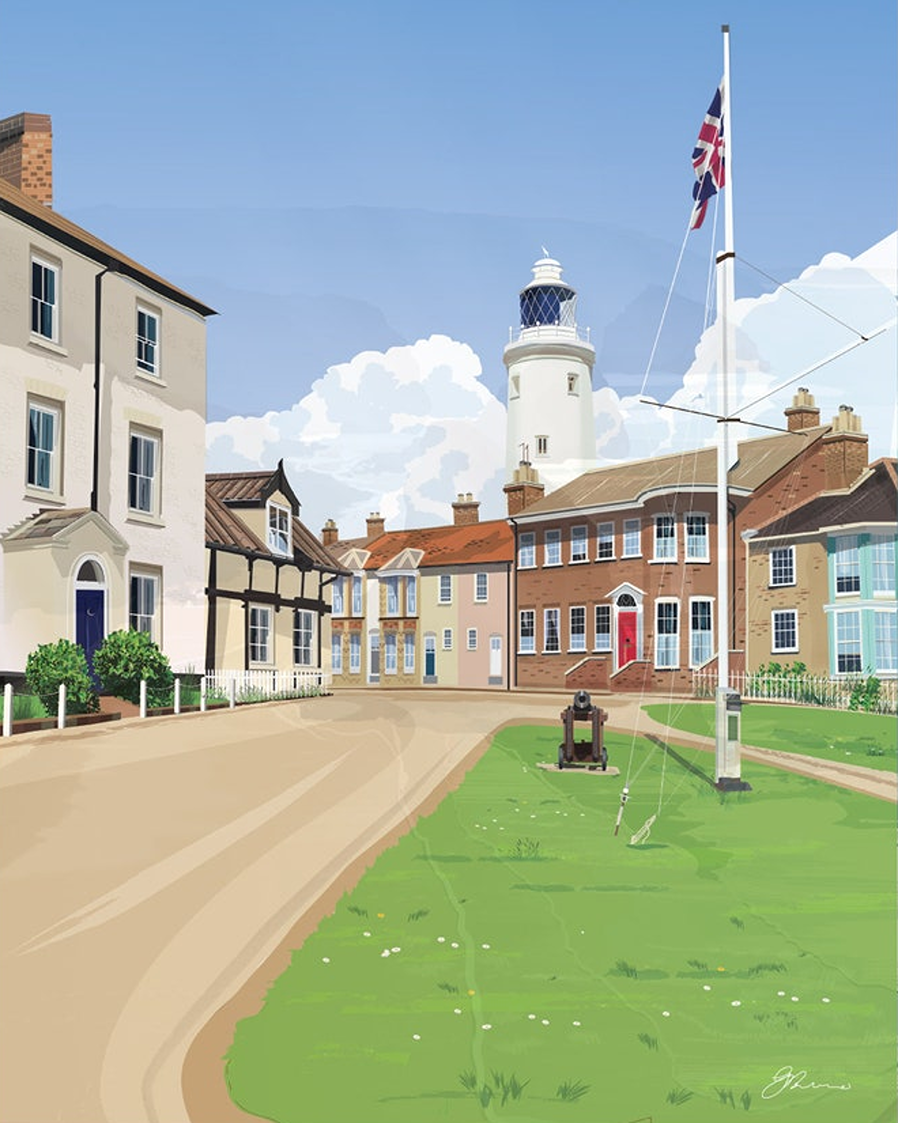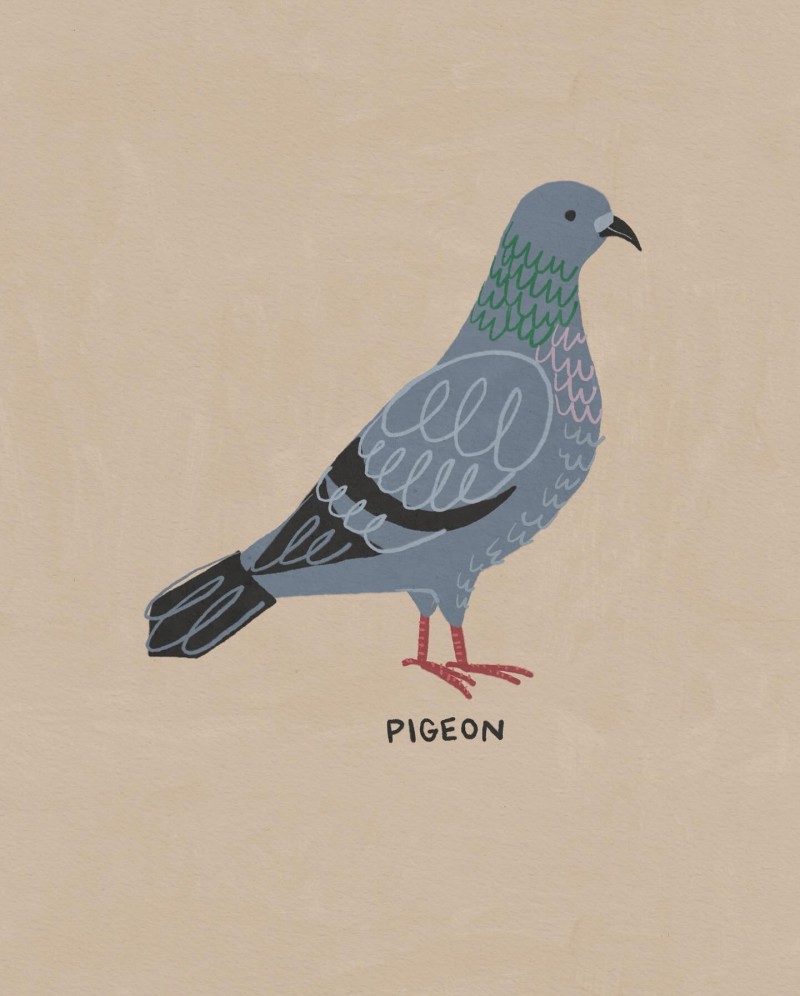Where to Recycle Quality Unwanted Books
Clearing out books you no longer need can be a relief, but throwing them away feels wrong. Books hold stories, knowledge and potential joy for someone else. Recycling them responsibly is kinder to the planet and keeps books in circulation.
There are plenty of places that welcome your unwanted reads, whether they’re classics in good condition or textbooks from school days. Here’s where to send your books for a fresh start.
A caveat. If the books are not of help (recipe books promoting factory-farmed food, books on hunting animals, editions of Mein Kampf), then just rip the pages out to recycle, and bin the spines.
Charity Shops
Charity shops can be found on most high streets and offer an easy route for passing on books. Donated books should be clean and undamaged, as they can’t sell torn or waterlogged books.
Only donate to small local charity shops, as the ‘big ones’ usually fund animal testing (donate to humane research charities instead).
Age UK shops are okay, they no longer test on animals, and do wonderful work to help vulnerable people in society.
Public Libraries
Many libraries accept donated books, especially if they’re recent, clean and in good shape. Libraries often use donations to refresh their own collections or sell them to raise funds for community projects. Not all libraries accept all types of books, so it’s smart to call first or check their website for guidelines.
School textbooks, specialist reference books and children’s titles are especially welcome, as they support learning at every age. Libraries sometimes host book sales or swaps, giving unwanted books several possible new homes.
Book Swap Schemes
Book swap schemes create a direct path from one reader to another. Little Free Libraries are popping up in parks, outside homes and near schools. These small cabinets invite anyone to take a book or leave one, running on trust and community spirit.
Don’t make them look like ‘coloured birdhouses’, as these could attract real birds (bright and tin bird houses can over-heat and attract predators). Just use a simple plain box shape.
Bookcrossing is a nice idea. Leave a book you love in a café, and post online where you’ve left it. Someone else picks it up and reads it, then passes it on.
Your well-thumbed novel could end up across the world, and you get to read how different people have enjoyed the book you first found in the indie bookshop!
Second-hand Bookshops
Independent second-hand bookshops often buy or accept donations of quality books. Some offer small sums or store credit in exchange, while others take donations for stock. Many specialise, so check the shop’s focus before you visit: some prefer fiction, others seek non-fiction, academic works or collectables.
Book dealers may also collect books for charity drives. These shops champion sustainability by keeping books in circulation and helping readers find bargains. A quick call or email helps confirm what your local shop needs.
Schools and Universities
Schools, colleges and universities often need books for classrooms, libraries or fundraising events. Newer textbooks, reference books, children’s stories and revision guides are especially in demand. Some schools run book drives or swap events to encourage reading for pleasure.
Simply Text Book is a site where you can donate unwanted and used academic books, so students don’t have to buy new. If the information is still in-date, this is a great way for students on budgets to benefit.
Donate Books to Children
Children’s Book Project has 300 donation points, where you can donate read children’s books, so that parents without much money have nice educational and fun books for their children to read.
Homeless Shelters and Hospitals
Homeless shelters and hospitals welcome good condition books for clients and visitors. Reading offers comfort, distraction and company. Children’s books, uplifting fiction and magazines tend to be most useful.
Donate Books to Prisoners
Books for First Nighters is a project where you can offer comforting and uplifting books for people who are new to prison.
Stuffing people away in cells for 23 hours a day is (mostly) not conducive to producing law-abiding citizens on release, so these books can help create a safer society for all.







